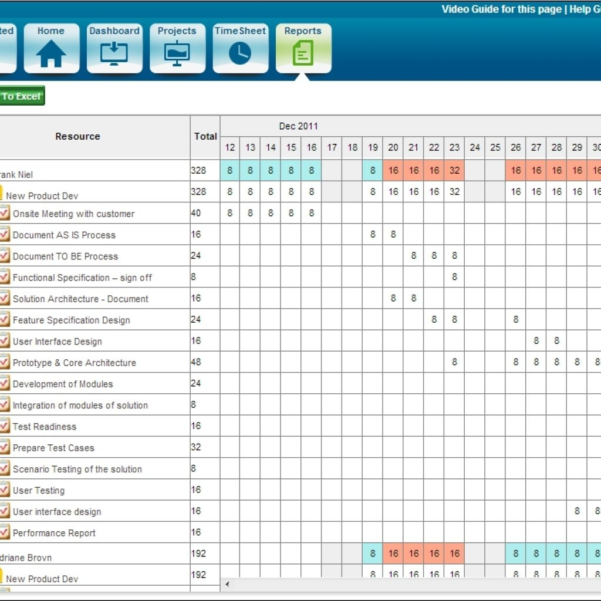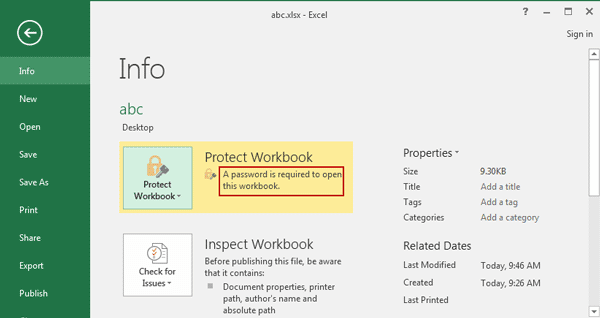Secure Your Excel Sheets on Cloud with Ease

Managing sensitive or critical data in spreadsheets is a common practice for many businesses and individuals. However, ensuring that these Excel sheets remain secure and accessible from anywhere can be a challenge. In this post, we'll dive deep into how you can secure your Excel sheets on the cloud, offering you peace of mind while providing the flexibility of cloud storage.
Why Use Cloud Storage for Excel Sheets?

Before we delve into the 'how,' let's understand the 'why' behind securing your Excel sheets on the cloud:
- Accessibility: Access your data from any device with internet connectivity, making remote work and collaboration seamless.
- Backup and Recovery: Cloud storage often comes with automatic backup features, protecting your data from local failures or loss.
- Security: Reputable cloud storage services implement robust security measures like encryption, both in transit and at rest, to safeguard your data.
- Scalability: Store an unlimited number of sheets without worrying about local storage capacity.
- Sharing and Collaboration: Share specific sheets or collaborate in real-time, controlling access with permission settings.
Steps to Securely Store Excel Sheets on Cloud

Follow these steps to securely upload and manage your Excel sheets on the cloud:
1. Choose the Right Cloud Service Provider

Not all cloud services are created equal. Look for providers offering:
- End-to-end encryption
- Compliance with industry standards
- Data residency options
- Good track record on security
2. Upload Your Excel Sheets

Once you’ve selected your service, follow these steps:
- Log into your cloud storage account.
- Find and click on the ‘Upload’ or ‘Add’ button.
- Select your Excel file from your local drive.
- Choose the storage folder or create a new one for better organization.
- Click ‘Upload’ or ‘Save’ to complete the process.
3. Set Permissions and Access Controls

Ensure your sheets are protected:
- Set permissions to ‘private’ or ‘shared’ based on need.
- Use user or group-based permissions to control access.
- Password protect your sheets if your service allows it.
- Enable two-factor authentication for an additional layer of security.
4. Enable Encryption

Most providers offer options like client-side encryption or zero-knowledge encryption:
- Choose client-side encryption if available, where your data is encrypted before it leaves your device.
- Look for services supporting zero-knowledge proof, ensuring only you can decrypt your data.
5. Regular Backups

Cloud storage should be part of your backup strategy, not the entirety:
- Set up automatic backups within your cloud service.
- Consider versioning if your provider supports it.
- Have a secondary backup method like external hard drives or alternative cloud services.
6. Monitor and Audit

Regularly check your:
- Access logs for unusual activities.
- File versions for unwanted changes.
- Shared link status, ensuring they are updated or revoked when necessary.
🔒 Note: Always double-check encryption settings to confirm your files are secured both in transit and at rest.
7. Password Management

Use strong passwords:
- Implement complex passwords with at least 12 characters, mixing letters, numbers, and symbols.
- Consider using password managers for security and ease of management.
8. Implement Multi-Factor Authentication (MFA)

MFA adds an extra layer of security:
- Enable MFA wherever available within your cloud storage service.
- Choose between app-based or SMS-based authentication methods.
9. Manage Shared Links Securely

When sharing Excel sheets:
- Set expiration dates on shared links to limit access time.
- Remove or update links when they are no longer needed.
- Be cautious with public or open link sharing, especially for sensitive data.
📌 Note: Revoke shared links immediately after they are no longer necessary to maintain security.
By following these steps, you can ensure that your Excel sheets are as secure in the cloud as they would be on your local machine, if not more so. The advantage of cloud storage lies in its backup capabilities, accessibility, and collaboration features, making it an excellent choice for modern data management.
Is cloud storage for Excel sheets secure enough for sensitive data?

+
Yes, if you choose a reputable cloud service provider with robust security measures like end-to-end encryption and two-factor authentication, your sensitive data can be very secure on the cloud.
Can I still collaborate on Excel sheets stored on the cloud?
+Absolutely, many cloud storage solutions allow real-time collaboration on Excel sheets, with permission controls to manage who can edit, view, or comment on the document.
How do I manage access to my Excel sheets on the cloud?
+Most cloud storage services provide user or group-based permissions. You can set these permissions to control access, ensuring only authorized individuals can view or edit your sheets.